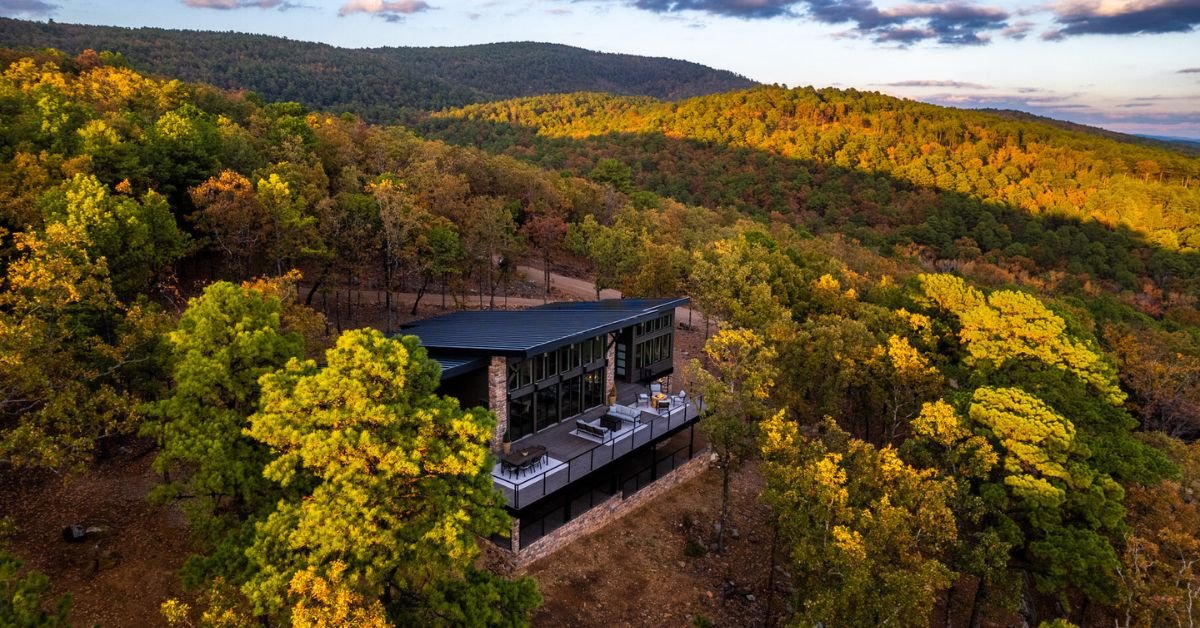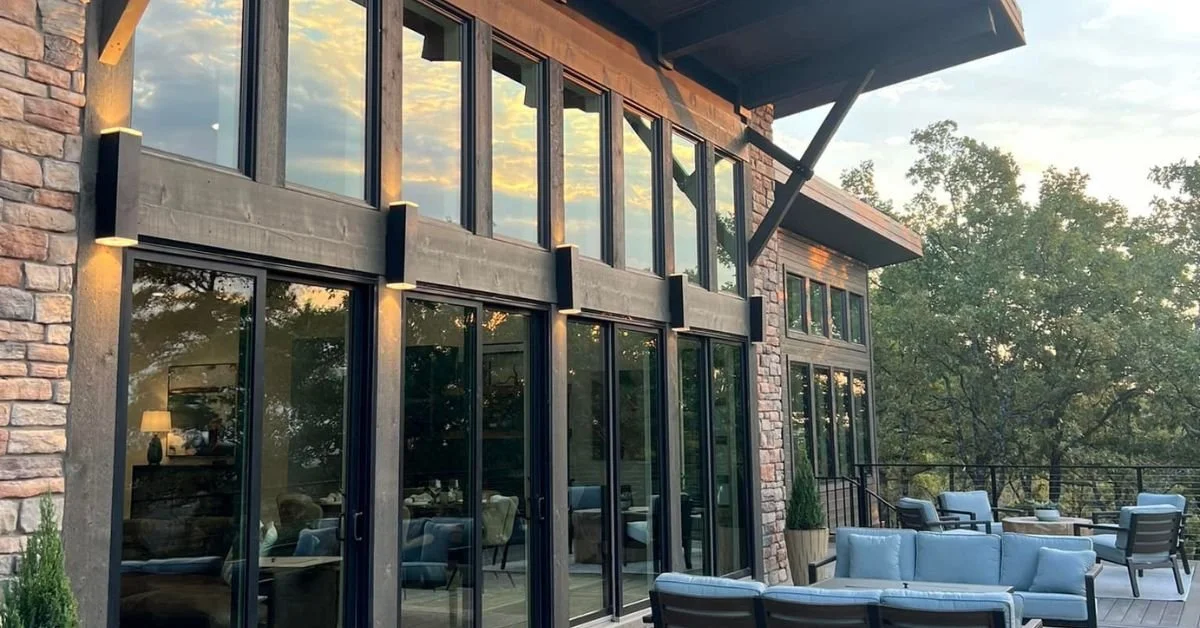10 Things to Consider Before Buying a Plot of Land
Unlike buying an existing property, acquiring a plot of land for a secondary residence involves various unique considerations that can make or break your purchase. To help you make an informed decision, this post will delve into all the things to consider before buying a plot of land.
Purpose of the Land
The first and most important factor is to determine the purpose of the land you want to purchase. Do you want to build a residential property, start agricultural activities, or develop a commercial space? Different plots cater to various purposes, and some land may come with zoning restrictions that limit what you can do with it. Be sure that the land you’re considering aligns with your vision and needs.
For example, if your goal is to build a home, confirm that the land is zoned for residential use and has access to nearby schools, hospitals, and other amenities. On the other hand, if you’re interested in agricultural land, assess the soil quality, water availability, and environmental conditions. A clear understanding of your purpose will guide you toward a suitable plot.
Location and Accessibility
One of the most important factors that affects your land’s value is its location. While a scenic, remote plot may seem appealing, consider its practicality. How far is it from essential facilities like markets, schools, hospitals, and your workplace? Evaluate the road connectivity, public transport options, and proximity to major highways or urban centers.
If the land is in a rural or undeveloped area, think about future development plans in the region. A well-situated plot, even if slightly expensive, is often a worthy investment, as it offers long-term returns and convenience.
Budget and Hidden Costs
Establishing a clear budget is vital when purchasing land, but it’s equally important to account for hidden or additional costs that may arise. The listed price of a plot may not reflect all the expenses involved in completing the purchase. Other costs may include legal fees, registration charges, taxes, clearing or leveling the land, and connecting utilities like water, electricity, and sewer systems.
Additionally, factor in future expenses, like building costs if you plan to develop the land. Calculating all these costs in advance helps you stay within your financial limits and avoid unexpected surprises.
Title, Deed, and Legal Documentation
Before proceeding with the purchase, thoroughly verify the legal status of the land. Ask to review the title deed to determine whether the seller has clear ownership of the property. The deed should mention the landowner’s name and provide details about the property boundaries.
Engage a qualified lawyer to ensure there are no disputes, pending loans, or legal issues tied to the land. Confirm that the seller has secured all necessary permissions from local authorities. Buying land with a clean title protects you from future legal complications.
Land Topography and Soil Quality
Land topography and soil quality are important to learn more about, especially for buyers planning to develop the land themselves. Assess whether the plot is flat or sloped, as steep terrains may require expensive leveling work. Avoid flood-prone areas unless you’re ready to invest in adequate measures to mitigate flooding risks.
Test the soil fertility and texture to confirm that it’s suitable for crops if you plan to expand the property agriculturally. Similarly, if you plan to construct a building, check if the soil type can support the foundation and structure. A professional surveyor can help you assess the land topography and soil quality effectively.
Utility Connectivity
Another important consideration is whether the land has access to essential utilities. Access to electricity, water supply, Internet, and sewage systems are critical for residential or commercial purposes. If these basic amenities are unavailable, inquire about the feasibility of installing them.Installing utilities in remote areas may increase your costs and delay project timelines. Check with the local authorities or utility providers to confirm service access and requirements before finalizing the purchase.
Zoning Regulations and Restrictions
Zoning laws dictate how a specific piece of land can be used. These regulations may vary from one area to another and could restrict property usage. For instance, a plot zoned for residential use cannot be used for industrial purposes.
Learn about building codes, environmental regulations, and restrictions like height limitations or setbacks. These laws can affect your building plans and the overall feasibility of the project.
Resale Value and Market Trends
Even if you intend to hold onto the land for personal use, it’s prudent to consider its resale value and market trends. Research the area to understand its growth potential. Are there upcoming developments nearby that might increase property values? Locations near new highways, commercial hubs, or educational institutions often see rapid appreciation.
If you’re buying land as an investment, think long-term and assess how the area is likely to develop over time. Understanding current market demand and trends in property prices will help you make a well-informed decision.
Environmental Factors
Environmental factors can majorly impact the suitability of a plot. For instance, consider the climate of the area, the chances of natural disasters like floods or earthquakes, and the surrounding vegetation. If you’re buying land near a forest or a body of water, you may face restrictions on how much of the land you can develop.
You should also investigate the environmental history of the land. Make sure there’s no prior contamination, like industrial waste dump sites, which could pose health or safety risks and make the land untenable.
Professional Assistance
When buying a plot of land, consulting professionals can save you time, money, and stress. Hire a real estate agent with expertise in land transactions to help you find and negotiate the best deal. Engage legal counsel to verify documents and compliance with local property laws.
A qualified surveyor can provide insights into the land’s physical and geographical characteristics, helping you make an informed choice. Professional advice is invaluable when undertaking such a significant investment.
Be Sure About Your Purchase
Buying a plot of land is an exciting step, filled with opportunities and challenges. By knowing what to look for before buying land, like location, budget, zoning regulations, and environmental conditions, you can minimize risks and maximize the value of your investment.
Take your time, do thorough research, and seek expert guidance to make a well-informed decision. With proper planning and due diligence, purchasing land can be a rewarding and fulfilling experience, paving the way for future success.
At Timber Ridge Estates, we have the land you need for your dream project. With Tuskahoma land for sale, we can help you along your journey and make it much easier, so contact us today.



